best supplements for hep c
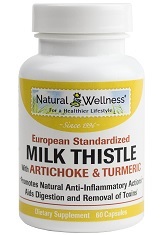 Top 5 Liver Supplements | Milk Thistle Information | Hepatitis Central
Top 5 Liver Supplements | Milk Thistle Information | Hepatitis CentralMedicines and supplements to prevent when you have hepatitis CHepatitis C increases the risk of inflammation, damage to your liver and liver cancer. During and after treatment for hepatitis C virus (HV), your doctor may recommend dietary and lifestyle changes to help minimize liver damage in the long term. This may include staying away from certain medications. Your liver works by filtering blood from your gastrointestinal tract (GI). It also disposes of toxins of chemicals that could contact and metabolize drugs. Having liver disease such as hep C increases your risk of harm by taking certain medicines, herbal supplements and vitamins. This effect is known as chemical-induced liver damage, or hepatoxicity. Symptoms of hepatoxicity may include: If you have acute or chronic hepatitis C, talk to your doctor about whether or not you should take the following medications and supplements. Acetaminophen is a free-sale analgesic (OTC) better known as the Tylenol brand. It is also found in certain medicines for cold and flu. Despite its wide availability, acetaminophen may risk liver damage. The risk is greater when acetaminophen is taken in large doses or in small doses for a long period of time. These risks apply regardless of whether you have pre-existing liver disease. Therefore, acetaminophen may not be your best source of pain relief when you have hepatitis C.However, there is a lack of clinical guidelines on the use of acetaminophen for people with hepatitis C. Low, temporary doses can be safe for some people. But if you have liver cirrhosis or drink alcohol regularly, your doctor may recommend that you avoid it. Some experts recommend testing for hepatoxicity in all people who have chronic hepatitis C and take acetaminophen regularly. It is important to talk to your doctor before using to determine whether this medication could make any existing liver damage worse. If your doctor gives you approval, you should take no more than , and for no more than 3 to 5 days at a time. amoxicillin is a common type of antibiotic used to treat bacterial infections. However, you can also increase your risk of hepatoxicity. Although these effects are considered rare in healthy individuals, having a history of liver disease may increase your risk of liver damage induced by the medication. If you have HCV and experience an infection that requires an antibiotic, you may want to tell your doctor. They may prescribe another medication to treat your bacterial infection. Nonsteroidal anti-inflammatory drugs (NSAIDs) are another common class of OTC analgesics. These are available in generic and brand versions of aspirin and ibuprofen, as well as cold and flu medications. Avoid NSAIDs in certain situations. People with chronic HCV that do not have cirrhosis can tolerate NSAIDs at low doses without risk of hepatoxicity. However, it is best to avoid NSAIDs as a whole if you have cirrhosis in addition to chronic hepatitis C. Complete and alternative remedies are on the rise, including those aimed at liver health. But if you have hepatitis C, taking certain supplements and herbs can cause more damage than good. In addition, certain remedies can interact with your medications. A supplement to avoid is iron. Iron overload is already common in many people with hepatitis C and liver disease. Iron is available in most OTC multivitamins as a means to prevent iron deficiency anemia. Unless you have anemia and are told otherwise, you should choose a multivitamin without iron in it. Too much vitamin A can also cause hepatoxicity in people with hepatitis C. Experts recommend limiting their daily consumption of vitamin A to less than (UI) per day. Certain herbs can also be dangerous when you have a VHC infection. This is the case of St.John's grass, a grass that is often taken for depression, although its benefits are not clear. St. John's herb can interfere with his hepatitis C treatments and make them less effective, so it's better to avoid it. Other potentially harmful herbs for the liver that may increase your risk of hepatoxicity include: Talk to your doctor about all medicines, supplements, and herbs you take or are considering taking. This includes medicines you can buy on the counter. Even if they have "natural" tags, this doesn't mean they're safe for their liver right now. Your doctor may also recommend regular blood tests to ensure that you are getting the right level of nutrients from food and any multivitamin you take. Although certain medicines and supplements can help improve their health and quality of life, not all substances are safe for people with hepatitis C. You can be especially vulnerable if you have chronic HCV or liver damage and scarring. Talk to your doctor before trying new medicines or supplements. Last medical review on March 6, 2020Read more here
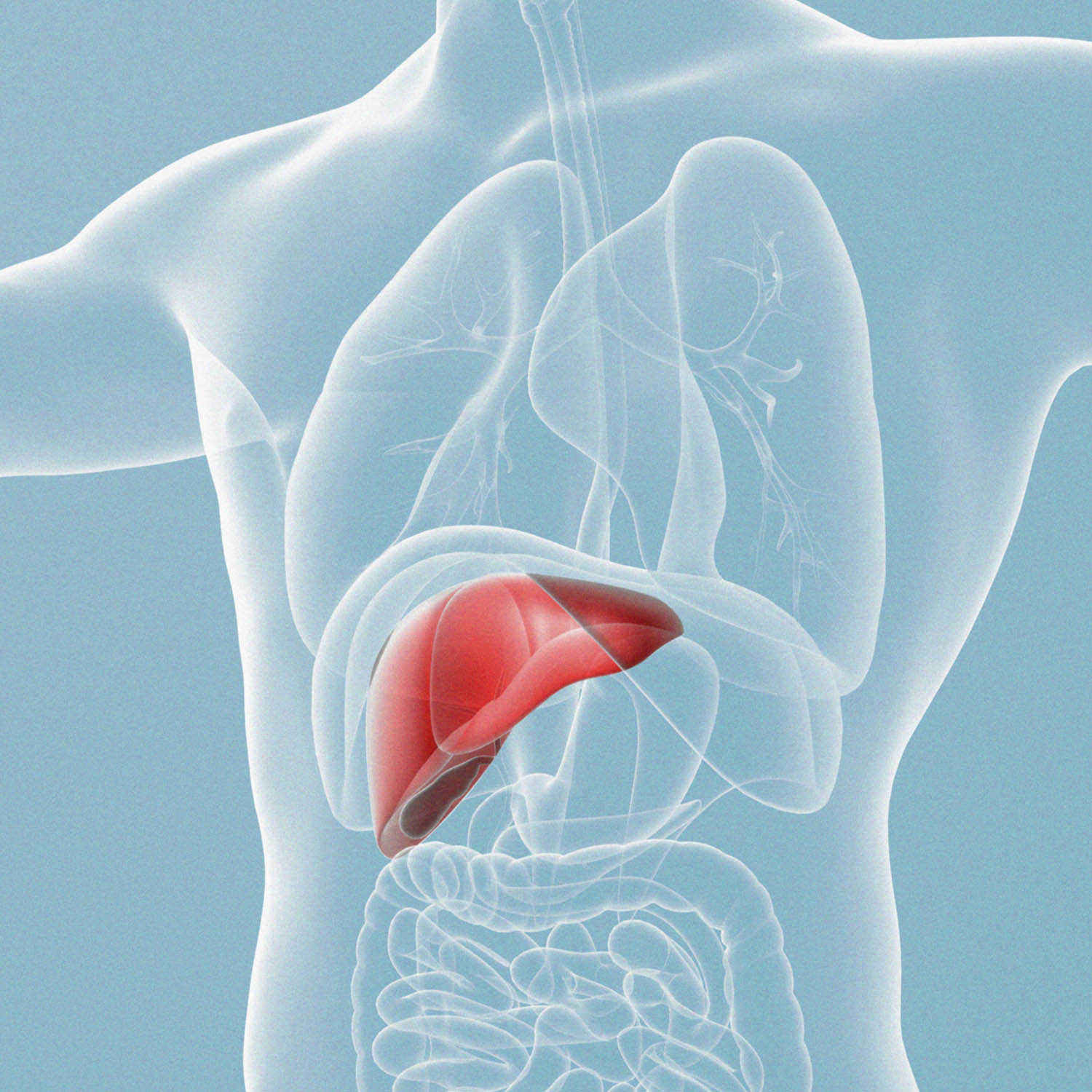
Hepatitis C and Dietary Supplements | NCCIH

NeoLife Supplement For Hepatitis A, B And C - NeoLife International

Should People With Hepatitis C Be Extra Cautious With Supplements? - Hep

Top 5 Liver Supplements | Milk Thistle Information | Hepatitis Central
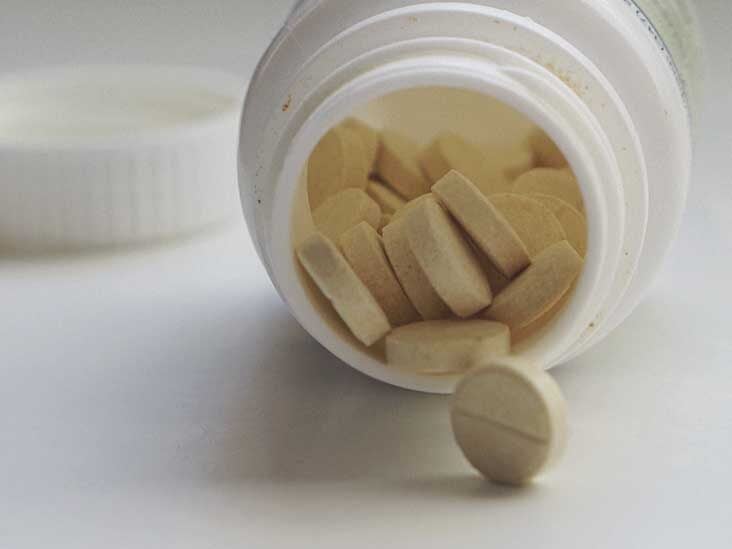
Hepatitis C Treatment: Are Natural or Herbal Remedies Effective?
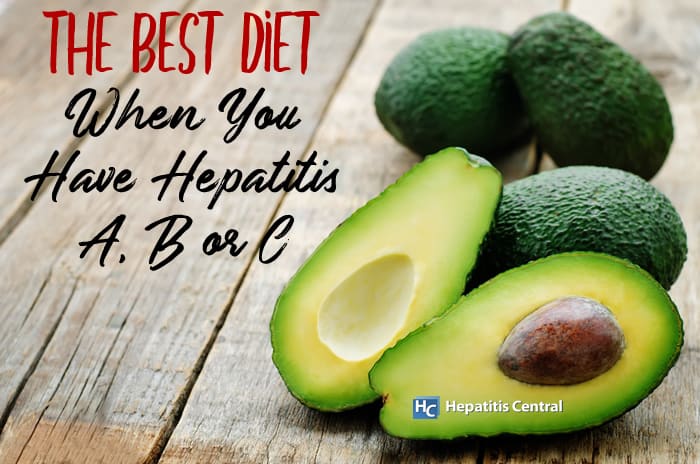
Follow This Diet With Hep A, B or C | Hepatitis Central
How to choose the right antiviral agent in HCV treatment - AGA Perspectives
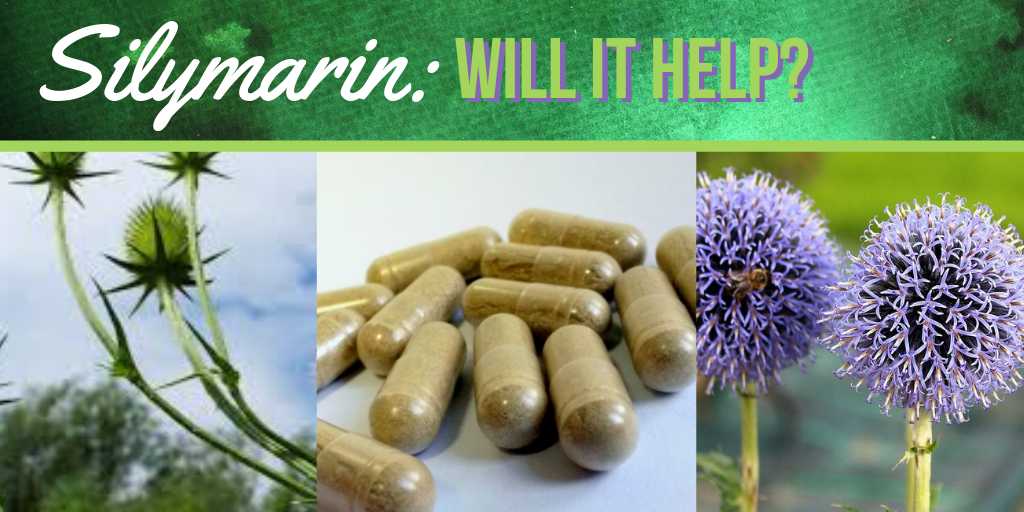
What is silymarin (milk thistle), and is it helpful for managing my hepatitis B and D? - Hepatitis B Foundation
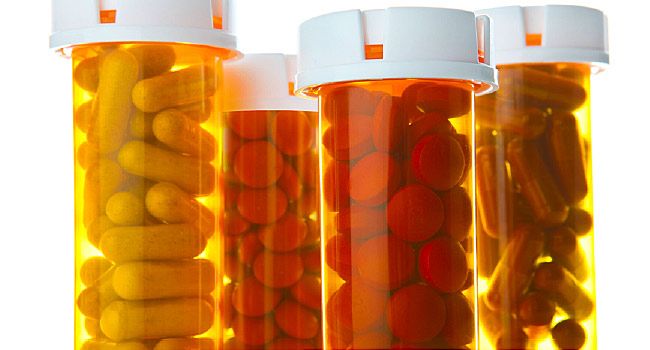
Hepatitis C Treatment Options

Medications and Supplements to Avoid with Hepatitis C
:max_bytes(150000):strip_icc()/48013_46A-1915846-MAVYRET-Pre-FDA-Packaging-monthly.jpg_93e75335-1ecc-4d67-9946-27f07227c2e2-5c150913c9e77c0001703b49.jpeg)
List of FDA-Approved Hepatitis C Drugs

Insurer denials for hepatitis C treatment remain high

Pin on Cures

I am starting hepatitis C treatment. Should I stop taking milk thistle? - Hep

Hepatitis C treatment for people with HIV | aidsmap
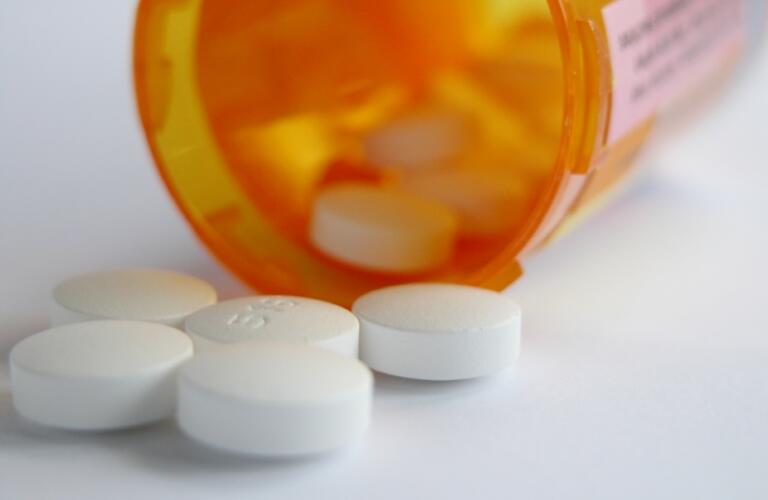
New Drugs Cure Hepatitis C

Skip These Medications and Supplements If You Have Hepatitis C
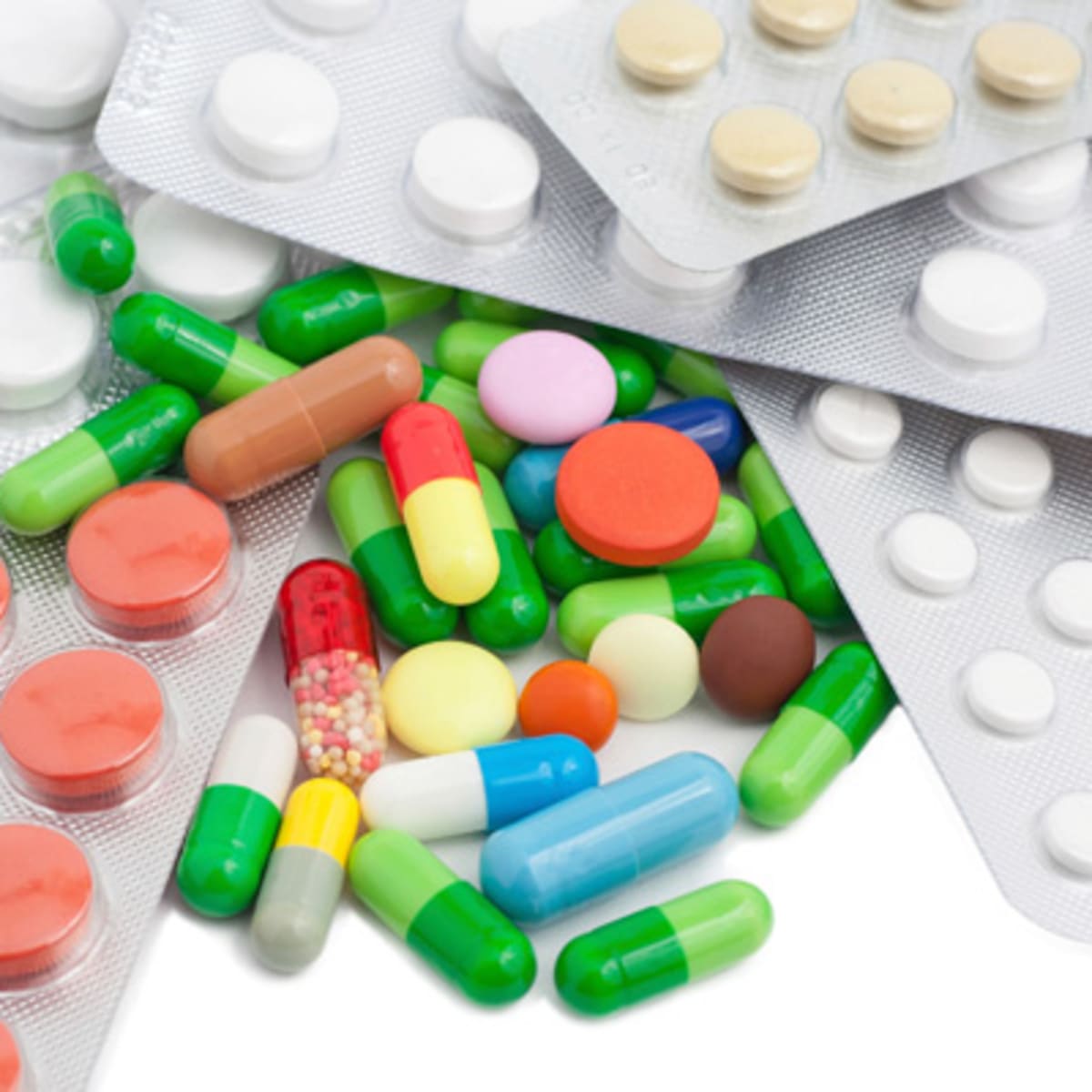
10 Hep C Stocks on Wall Street's Watch List - TheStreet

Hepatitis C diet: Nutrition and foods to eat

Hepatitis C Health: Which Beverages and Supplements Are Best?

Hepatitis C Medications: A Full List

Colorado will treat needy patients with hep C, no matter how sick

New Hepatitis C Drug Approved by FDA, Sovaldi (Sofosbuvir) by Gilead

Have Hep C? Stay Away From This Stuff

The Best and Worst Foods for Hep C | Hepatitis C - Sharecare

Vitamin D for your patients with chronic hepatitis C? - ScienceDirect
/GettyImages-1170673640-cd1a84bbe1c24e83bab924f5d93b8ec0.jpg)
Treating Hepatitis B With Tenofovir

In a Critical State: Ongoing Barriers to Treatment for Hepatitis C Virus ( HCV) - The American Journal of Medicine
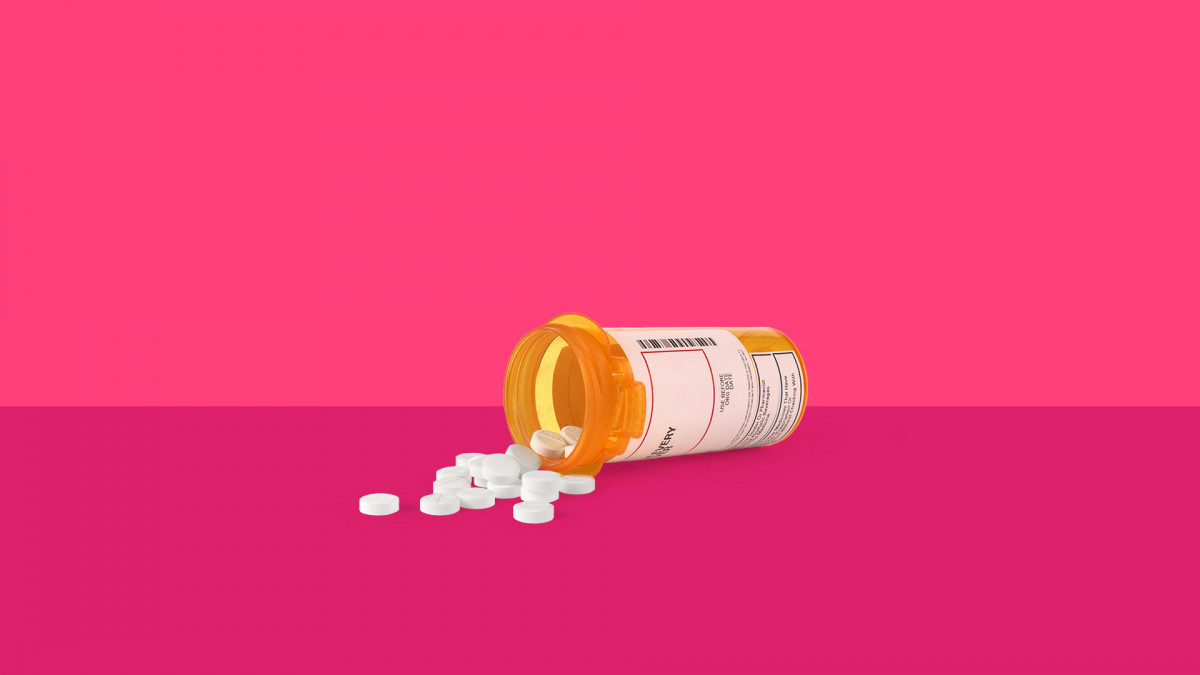
Hepatitis C Treatments & Medications | SingleCare
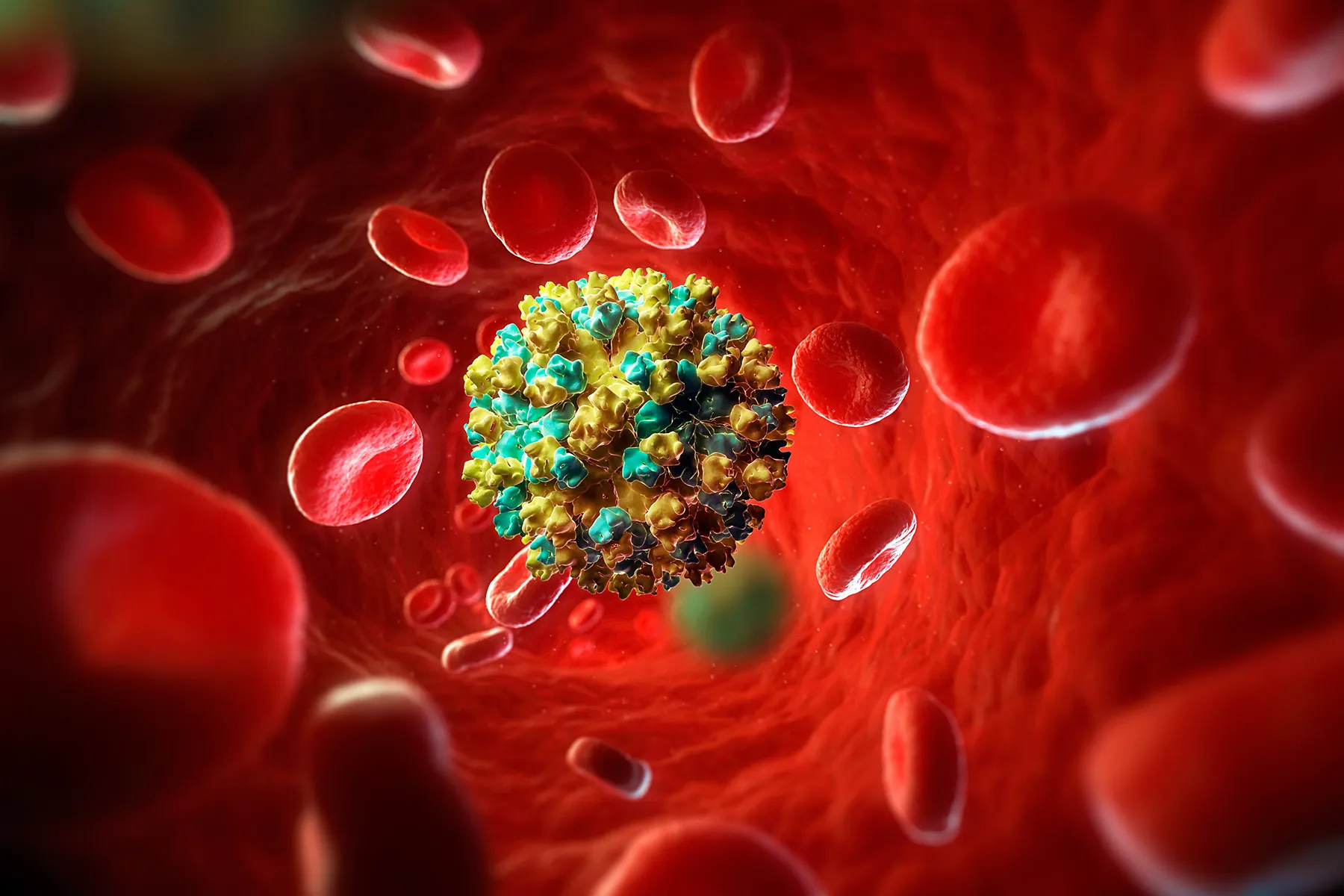
Test Your Hepatitis C Knowledge

The Truth About Hep C Supplements - Sharecare

Medications and Supplements to Avoid with Hepatitis C

5 Natural Remedies That Won't Cure Your Hepatitis C | Everyday Health
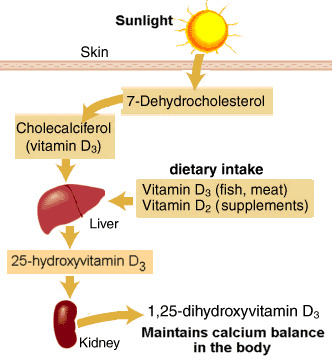
Hepatitis B and Vitamin D - Hepatitis B Foundation

Hepatitis C Treatment. Treatment for Hepatitis C Info - ALF

The Best (and Worst) Foods and Drinks for Hepatitis C | Everyday Health

Natural history of hepatitis C - Journal of Hepatology

Can Green Tea and Other Herbs Hurt Your Liver?

Universal Screening for HIV and Hepatitis C Infection: A Community-Based Pilot Project - American Journal of Preventive Medicine

Genedrive shifts into higher gear as hepatitis C test enters new markets
Posting Komentar untuk "best supplements for hep c"